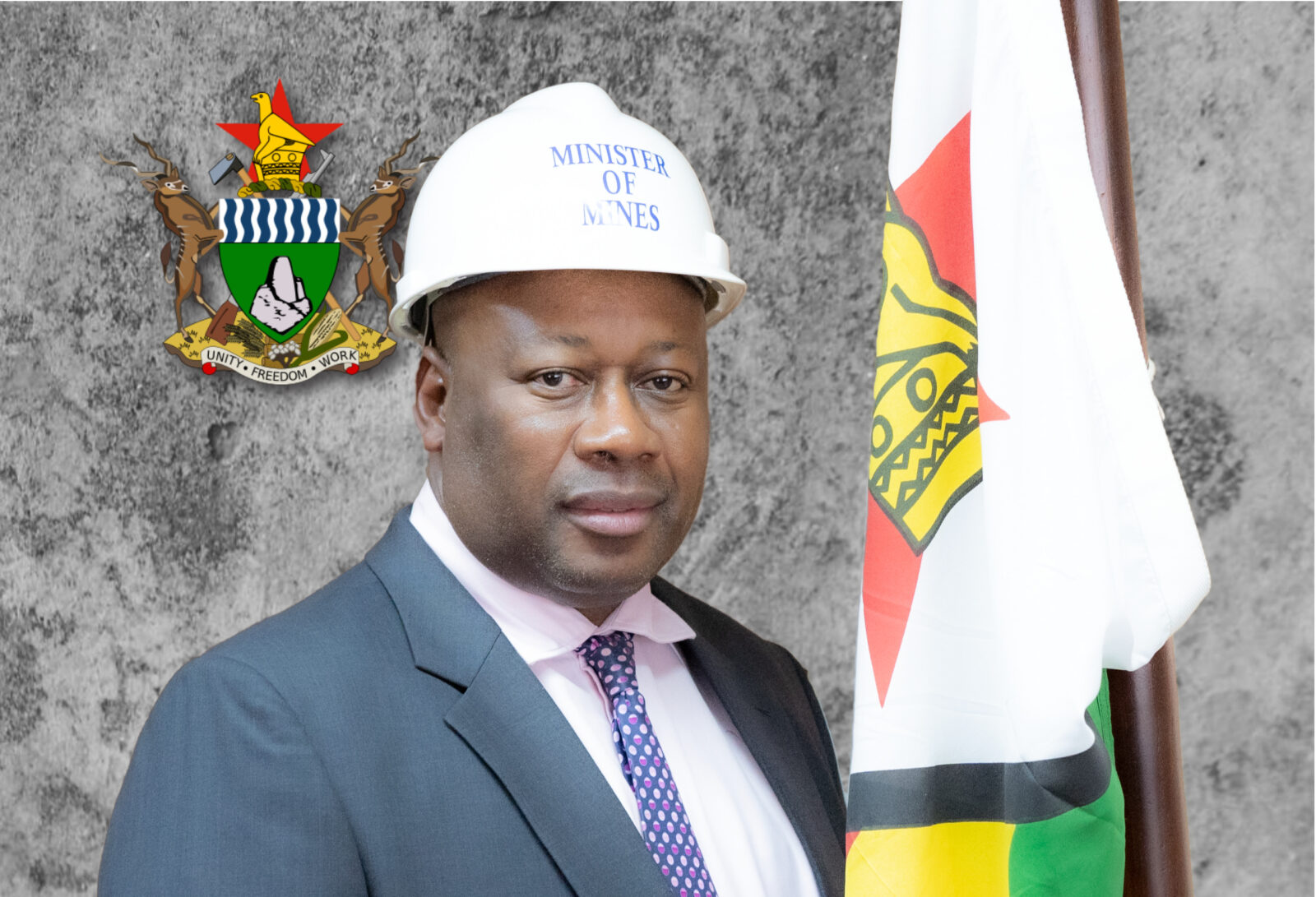Overview of the lithium policy in Zimbabwe

Mines and Mining Development Minister Winston Chitando has finally addressed the nation on the long-awaited Lithium policy.
In his speech at the ongoing Chamber of Mines Annual Conference and Exhibition happening at Elephant Hills in Victoria Falls, Chitando gave an overview of lithium in Zimbabwe namely the mining of lithium, processing of lithium, storage of lithium, transportation of lithium, export of value-added lithium and the export of non-value-added lithium.
“The starting point is where are we? And the second question, where are we going? As things stand, the regulations of the law, which is the Mines and Minerals Act, in combination with the various Statutory Instruments, provide this place lithium is concerned, with five things. First, is the mining of lithium. The second is the processing of lithium, and the third is the storage of lithium. The fourth is the transportation of lithium. The fifth is the export of value-added lithium. And to some extent, I will say number six, the export of non-value-added lithium.
Minister Chitando gave the below remarks on the overview of the Lithium policy in Zimbabwe.
The Law
Anyone who has a lithium mining concession, can mine lithium.
Processing lithium ores
You require an approved processing plant license, which you get from the Ministry of Mines.
Transportation of lithium
If you have a mining concession and you’ve mined ores, those ores, you either utilize them for processing at your approved processing plant or you can only transport them. The ore movement permit will only be given if the ore is being moved to someone with an approved processing plant license.
Storage
Lithium ores can only be stored at the site where the lithium is mined or at an approved processing plant site. So the storage of ores in Msasa, and in Southerton, is now illegal and is subject to penalties as stipulated in the Statutory Instrument.
Exportation of value-added lithium
What some people were doing was just grinding ores, coming up with some powder, say I have value-added, you know, this is now lithium concentrate. We have then said for the exportation of value-added lithium, it has to satisfy two conditions.
The first condition is that the lithia content for spodumene should be a minimum of 3% and the lithia content for petalite and lepidolite should be a minimum of 2.5%. That’s the first condition for the exportation of value-added lithium. And the second condition is that the prices which the exporter fetches should be a minimum of what is provided for by the Minerals Marketing Corporation in Zimbabwe from time to time.
Ladies and gentlemen, in simple terms that’s the overview of the lithium policy as it is.
Approved processing plant license
And for one to get an approved processing plant license, it’s simple, you have to satisfy the Ministry of Mines and Mining Development that the setup and the investment you have can manage a minimum threshold of the 3% lithium content for spodumene and the 2.5% lithia content for petalite and lepidolite.
That’s the provisions of the lithium policy.
Beyond that, it says however, if for a wholly owned Zimbabwean entity, once you have intended an approved processing plant license or site license, you can apply for a waiver to export lithium ores up to a period, maximum period of two years.
So for wholly owned Zimbabwean entities, once you have demonstrated that you’d want to set up an approved processing plant site and you get that license and you are working towards that, you can then be given a waiver to export ores for a maximum period of two years, during which time we expect that you have put up your approved processing plant license.



